
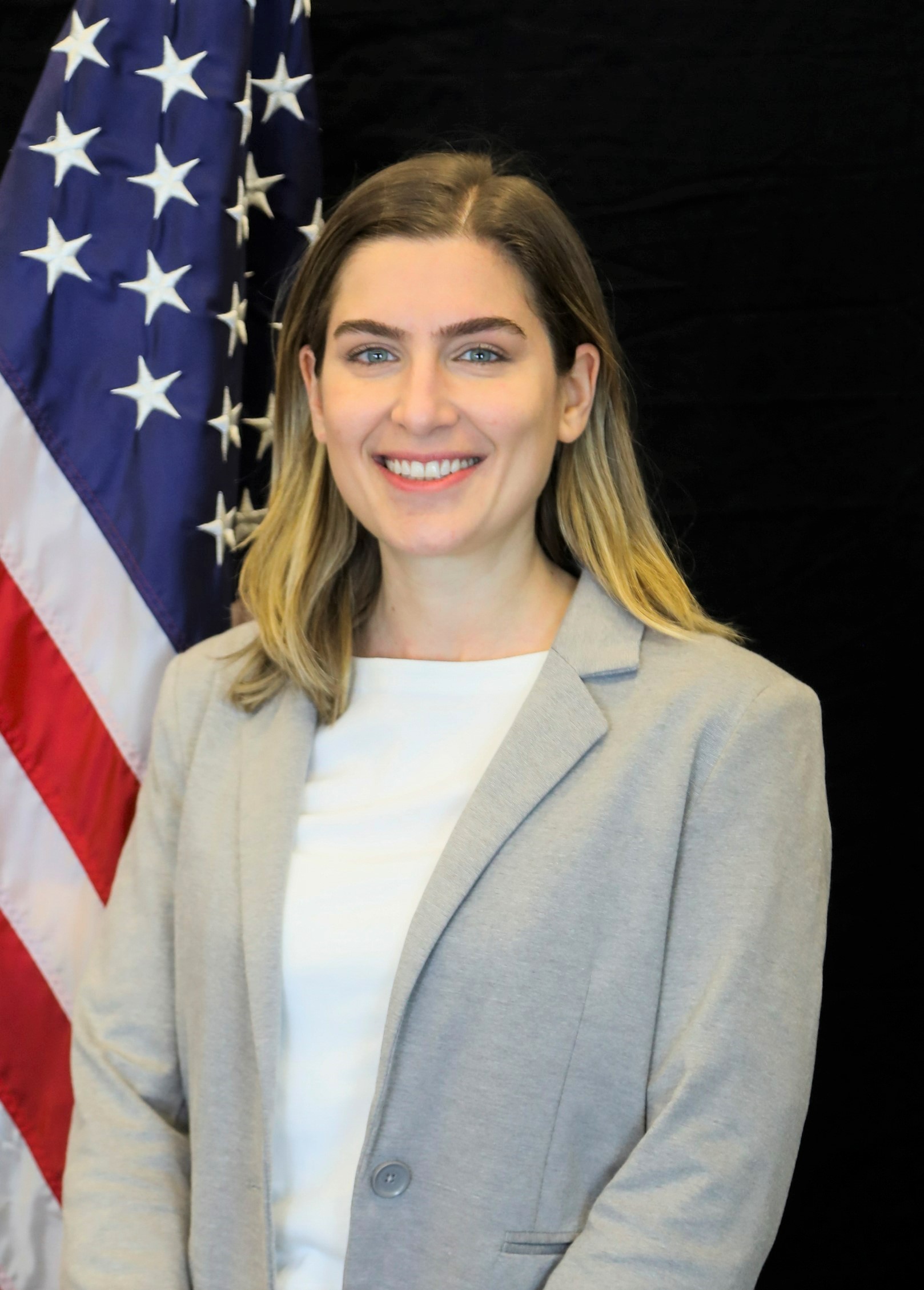
Elyse Baroncini
After graduating from Franklin & Marshall College with a Bachelor’s degree in Physics, Elyse Baroncini worked for a small company north of Philadelphia manufacturing analytical instrumentation. She gained experience in R&D, quality control, then traveling the globe as an applications engineer before leaving her position to pursue graduate studies. Elyse earned her Ph.D. in Chemical Engineering from Rowan University investigating the use of bio-derived materials in high performance applications, specifically in lithium-ion batteries. Elyse currently works for the U.S. Army, initially as a research chemical engineer developing novel polymer electrolytes, and now as a team lead supporting various high power battery applications.
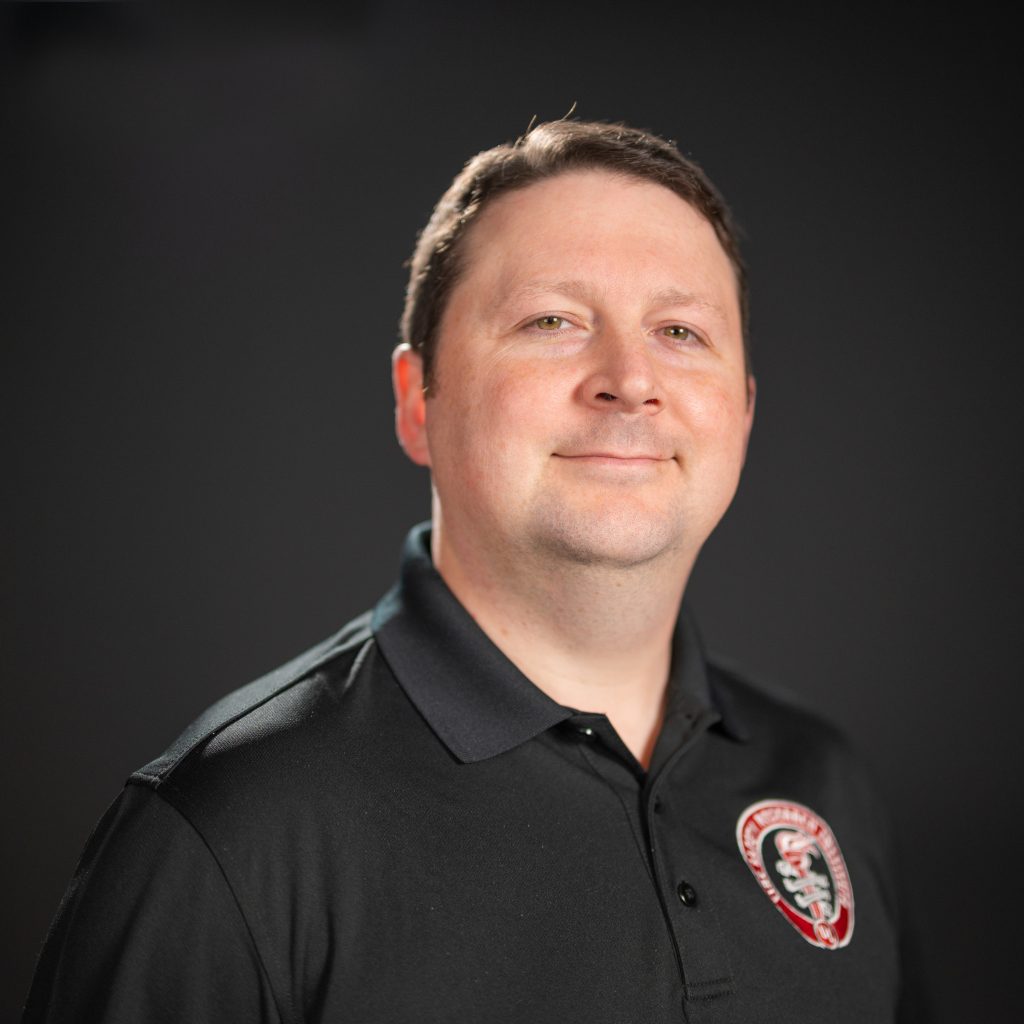
Adam Barowy
Adam Barowy is a research engineer within the UL Fire Safety Research Institute in Columbia, MD and has 19 years’ experience in fire fighter safety research, fire incident reconstruction, product fire safety evaluation, large-scale fire and explosion testing, and volunteer firefighting. Adam earned his B.S. ME from UMass Amherst and M.S. in Fire Protection Engineering from Worcester Polytechnic Institute. Adam is currently researching fire and explosion hazards from li-ion batteries.

Alex Bates
Alex Bates is a Senior Member of Technical Staff in the Power Sources Technology Group at Sandia National Laboratories. Alex has been working in the energy storage field for 15 years including direct work on fuel cells, flow batteries, Li-ion batteries, and solid-state batteries. His current work involves grid and vehicle energy storage safety with a focus on Li-ion and advanced Li-ion cells including packs and modules.

Bernard Dabe
Bernard Dabe is Business Development Manager for the Vigilex Energy division of STIF. STIF is a French company that has been designing and producing passive explosion protection solutions for 15 years. Bernard has a strong industrial experience in metal processing, with several positions in production, methods, purchasing, project and trade functions. He joined the company in 2017 as a sales support technician. During this position, he has developed strong knowledges in the field of explosion protection. He completed the BatteryMBA, and different safety training with DNV and NFPA, which allowed him to improve his technical skills int the field of stationary energy storage system with lithium-ion batteries.

Sean DeCrane
Sean DeCrane retired as a 25+ year veteran of the Cleveland Division of Fire. He served in various roles including the Director of Training and Chief of Operations retiring as a Battalion Chief. Sean has recently been appointed as the Director, Fire Fighter Health and Safety Operational Services for the International Association of Fire Fighters based in Washington, DC.
Sean recently served as a Research Engineer Associate for UL Solutions focused on developing strategic planning, project prioritization and implementation for the UL Fire Research and Development Team while assigned to the Principal Engineers Team for the UL’s Built Environment COU. He was responsible for engaging with various industry organizations with a focus on the international fire service including Asia, Australia, Europe, and the United Kingdom.
Sean has been involved in the research at Underwriters Laboratories and the National Institute of Standards and Technology. He served on the UL Fire Council and is a member of the UL Fire Safety Research Institute’s Advisory Board. In 2021, Sean was named to the UL William Henry Merrill Society as a Distinguished Member of Technical Staff.
Chief DeCrane also represented the International Association of Fire Fighters in the International Code Council process and has served on the 2009, 2012, 2105 and 2018 Fire Code Developing Committee and as Chair for 2015 and 2018. Served on the ICC’s International Residential Code for 2021 and 2024 Editions and as Chair for 2024. Sean served on the NFPA 1 Technical Advisory Panel, NFPA Research Foundation on Tall Wood Buildings and served as the Chair of the Fire Test Work Group for the ICC Tall Wood Building Ad Hoc Committee.

Matthieu Dubarry
Matthieu Dubarry (PhD, Electrochemistry & Solid-State Science, University of Nantes), has more than 20 years of experience in renewable energy, with an emphasis in lithium-ion batteries. Dr. Dubarry joined the University of Hawaii in 2005 to work on the analysis of a fleet of electric vehicles. He later focused on battery testing, modeling and simulation. While working for HNEI, Dr. Dubarry pioneered the use of new techniques for the non-destructive analysis of the degradation of Li-ion cells and developed numerous software tools facilitating the prognosis of Li-ion battery degradation both at the single cell and the battery pack level.
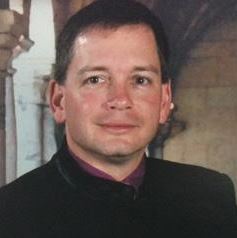
Brian Engle
Brian Engle is the Director of Business Development, Electrification for Amphenol’s Advanced Sensors Business. Within Amphenol, Brian is responsible for a complete portfolio of battery and electrification sensor technologies, including Robust Early Detection of battery Thermal Runaway, coolant breach detection, non-contact HV connection monitoring, and a variety of thermal sensing solutions, as well as development of new and emerging sensor technologies in the field.
As Vice Chair of SAE’s Battery Standard’s Steering Committee, Brian supports the work of 23 SAE Standards Committees supporting ~50 separate published and draft battery related standards and publications, and also serves as chair of the SAE First & Second Responders Task Force responsible for Emergency Response Guides.
As Vice President of NAATBatt International, he serves as part of the US Department of Energy’s “LiBridge” Initiative to accelerate adoption and deployment of EV’s and battery technologies within the US, including Workforce Development, partnering with international NGO’s and governmental entities to prepare today’s workforce for this technology transition.
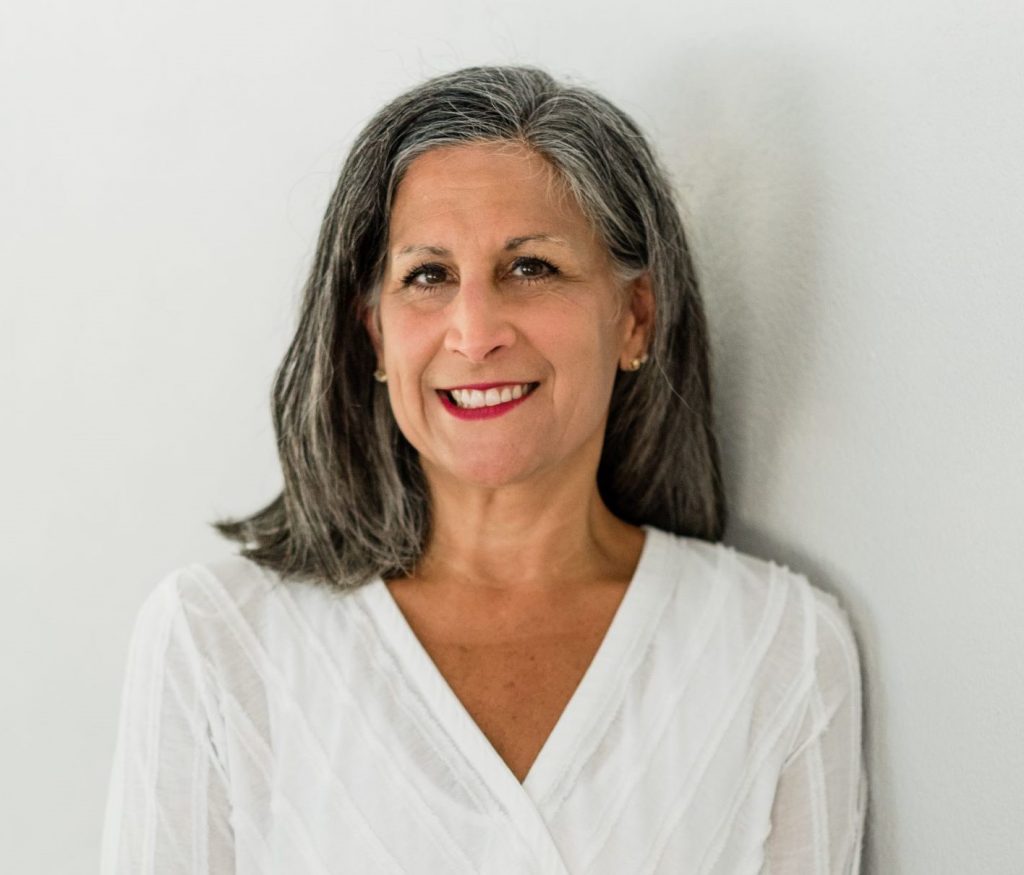
Christina Francis
Ms. Francis currently serves as Senior Staff Fire & Regulatory Specialist for Tesla, Inc. Her previous roles include Global Fire Protection Engineer for The Procter & Gamble Co. (P&G), loss control associate with Industrial Risk Insurers and design engineer with Bechtel. With almost 30 years in the fire protection industry her experience includes design, construction management, loss prevention, risk management and code consulting on a variety of industrial projects throughout the world.
Ms. Francis has a Bachelors Degree in Mechanical Engineering from Auburn University, is a registered professional engineer in Fire Protection and is a Certified Fire Protection Specialist (CFPS). She is a member of the Society of Fire Protection Engineers (SFPE), National Fire Protection Association (NFPA), Industrial Fire Protection Section Board member (past chair), previous Board Member of Fire Protection Research Foundation and recently joined the First Responder Institute Board.

Lloyd Gordon
Lloyd B. Gordon, PhD in Electrical Engineering, Lawrence Livermore National Laboratory (DOE), research 1981 to 1986, Department of EE at Auburn University 1986 to 1991, and Department of EE at the University of Texas at Arlington from 1991 to 1998. From 1998 to 2021 managed the electrical safety program at Los Alamos National Laboratory (DOE). Dr. Gordon – 25 years in experimental high-energy research, 45 years as an educator and trainer, and has focused his efforts on R&D electrical safety over the past 25 years. Dr. Gordon serves on the NFPA 70E, Chapter 3 task group and is a member of the IEEE 1584, Guide to Arc Flash Calculations. Dr. Gordon is a senior life member of IEEE and has been a member for 52 years.
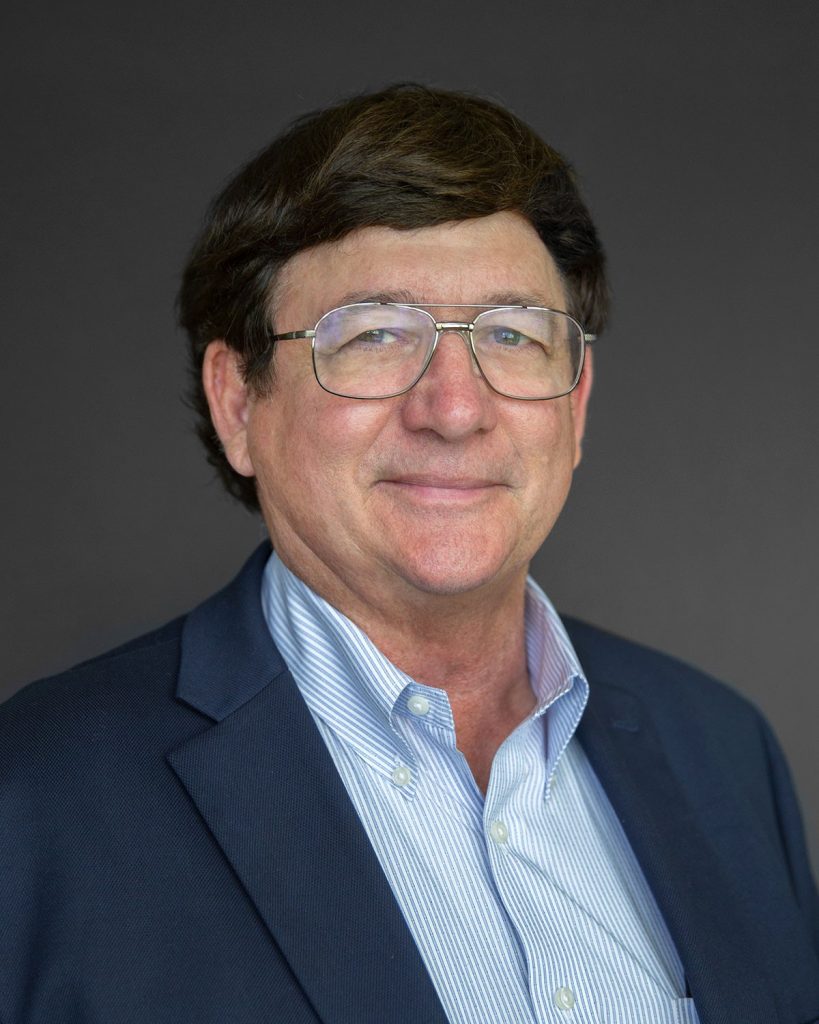
Mike Gravely
Mike Gravely is the Energy Storage Team Lead and Senior Electrical Engineer for the Energy Systems Research Branch at the California Energy Commission. His team is managing over $400 million in microgrid, energy storage and related energy research and demonstration projects. In this role, he oversees the full spectrum of research activities to improve the California Electric Grid including assessing future energy storage needs for California and addressing the grid related issues associated with integrating higher concentrations of renewables. In 2020, the Energy Commission awarded over $100 million in state funds and vendor cost-share investments to over 25 new grants to complete research and demonstration projects with new and emerging energy storage technologies. One key area of this research is focused on understanding the capability and value of long duration energy storage solutions (from 10 hours to 100+ hours) to assist California in transitioning to the goal of 100 percent zero-carbon resources by December 31, 2045. His team received $140M in funding in the FY 2022/2023 State Budget for the fielding of non-lithium-ion long duration energy storage (LDES) technologies and is scheduled to receive another $190M in new State Budget in July 2023. This funding represents the largest investment in field demonstrations for the commercialization advancement of emerging non-lithium-ion LDES in the Nation. Currently, the CEC is investing in five different non-Lithium-Ion technologies in field demonstrations with durations from 8 hours to 100 hours and power rating of up to 60MWHs. The majority of these demonstrations are expected to be operating in 2023 and 2024.
Mike Gravely has a BSEE from the Virginia Military Institute and an MSEE from California State University at Sacramento. Prior to the Energy Commission, Mike served in executive positions in the Federal Government and private industry including addressing the business challenges of a startup energy storage company. Mike also serves as the Military Advisor and Energy Storage Technology Advisor to Chair Hochschild of the California Energy Commission.
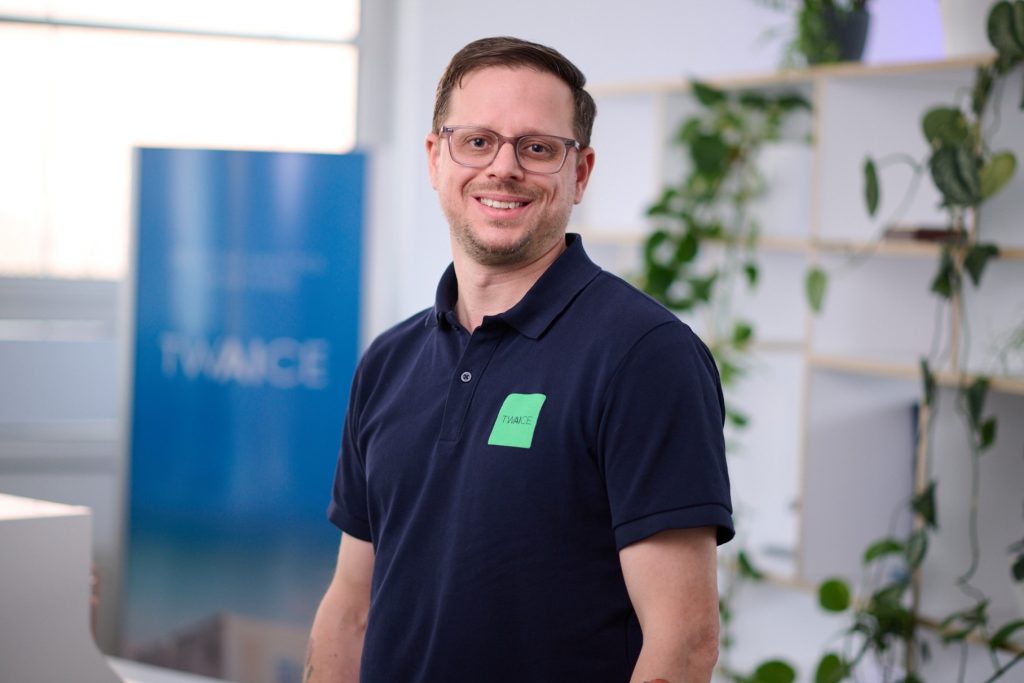
Ryan Franks
Ryan Franks is a Senior Technical Solution Engineer at TWAICE. In this capacity, Ryan bridges the gap between sales, product, and technology, working with all teams to ensure that maximum value and the optimal solution are delivered to customers.
Prior to joining TWAICE, Ryan’s career focused on the testing, certification, and techno-economic analysis of batteries and energy storage systems, as well as the development of codes and standards. He previously held roles at organizations including Pacific Northwest National Laboratory, Energy Safety Response Group, CSA Group, and the National Electrical Manufacturers Association.
Ryan holds a BS in Engineering Mechanics from the University of Illinois and an MBA from John Carroll University. He is also a Senior Member of IEEE and the inventor of two patents.
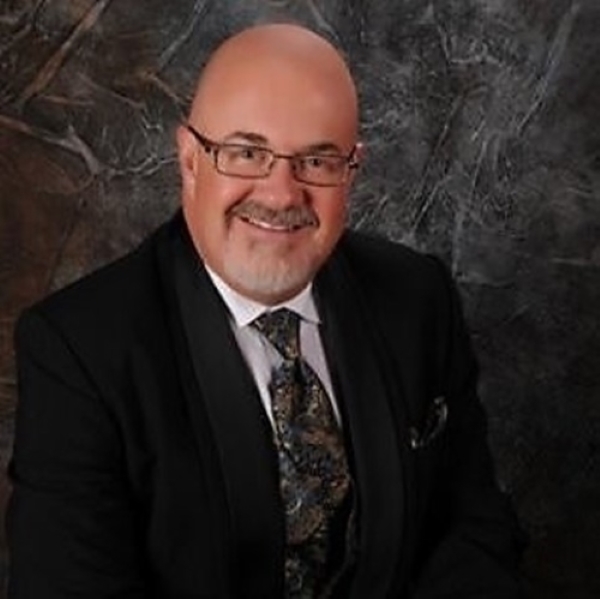
Paul Hayes
With over 30 years of principal engineer experience and managing special hazards asset protection fire companies for the industrial and power markets, I focus on leading-edge design and development of safety, detection, and suppression systems. In addition to federal, state, and local laws-regulation and regulatory agency negation experience, I consult with Energy Storage Systems and Utility companies with appropriate mitigation technologies, risk hazard evaluation and application, AHJ education, and design specifications to help define best practices for the industry. Engagements include NFPA 855/850 Principal Member, Professional Member SFPE, FSSA Board of Directors, EEI Board of Directors, ESA Board of Directors, Member of EPRI Safety Council, SME FDNY, and UL 9540A STP.
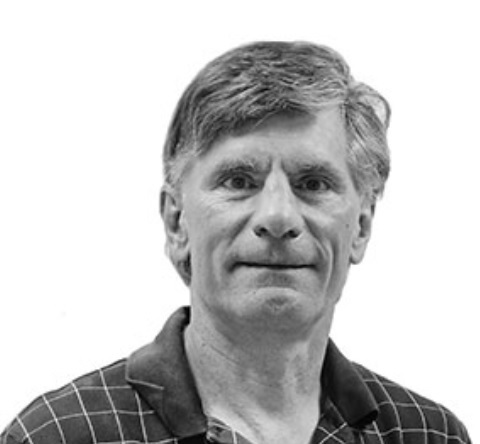
Michael Hoff
Michael Hoff has over thirty years of experience in the power and energy storage industries, working for a utility, private sector companies and his own consultancy. At these companies he worked various roles as systems engineer, CTO, VP Research, Directors of Applications Engineering, Safety and Compliance, and Engineering, as well as independent consultant.
In 2006, Michael started the systems group at A123 Systems and subsequently built industry pioneering teams in Safety and Compliance, Applications and Research, which established the new owners, NEC Energy Storage Solutions, as a leader among its peers and in the hearts and minds of its customers. His expertise in batteries, power conversion, safety and controls comes from a many years of applied product research and his active participation in engineering and product development. Michael has written and cowritten over a dozen patents, and many technical articles including a book on energy storage technologies. He holds a Masters degree in Electrical Engineering from Northeastern University.

Judy Jeevarajan
Dr. Judy Jeevarajan is the Vice President and Executive Director for the Electrochemical Safety Research Institute (ESRI) at UL Research Institutes (ULRI) with more than 25 years of experience in the area of battery safety research. She was inducted into UL’s Henry Merrill Society as a Distinguished Member of Technical Staff in 2016 and as a Corporate Fellow in 2020.
Dr. Jeevarajan serves in the Technical Working Group for standards organizations such as UL, Society of Automotive Engineers (SAE), Society of Aerospace Engineers (SAE), International Electrotechnical Commission (IEC), and American Institute of Aeronautics and Astronautics (AIAA) and additionally serves as a member of the UN Informal working group that is working on the re-categorization of the hazards associated with lithium-based cells and batteries. Dr. Jeevarajan is the chair of the IEC Technical Committee 21’s Subcommittee (SC) 21A.
From 1998 to 2003, Dr. Jeevarajan worked for Lockheed Martin Space Operations at National Aeronautics and Space Administration (NASA)-Johnson Space Center in Houston, Texas, until 2003. In 2003, she started her work as a NASA civil servant where she was the Group Lead for Battery Safety and Advanced Technology. Dr. Jeevarajan represented the battery group on all NASA safety panels and was responsible for approving all batteries flown for human-rated space missions.
Dr. Jeevarajan has several NASA awards to her credit with the NASA Engineering and Safety Center’s (NESC) Engineering Excellence Award and the Exceptional Service Award being noteworthy. She also won the Power Systems Award from AIAA in 2019 for her contributions to the safety of the human space flight and the ‘Woman Leader of the Year’ Award from the India Energy Storage Alliance (IESA) in 2020 for her active contribution in the area of energy storage safety. Dr. Jeevarajan is a published contributor on battery safety with more than 150 presentations at conferences and several journal publications. She has three book chapters to her credit.
Dr. Jeevarajan earned her Ph.D. in Chemistry (Electrochemistry) from the University of Alabama in Tuscaloosa (1995) and holds a Master of Science in Chemistry from the University of Notre Dame (1991).
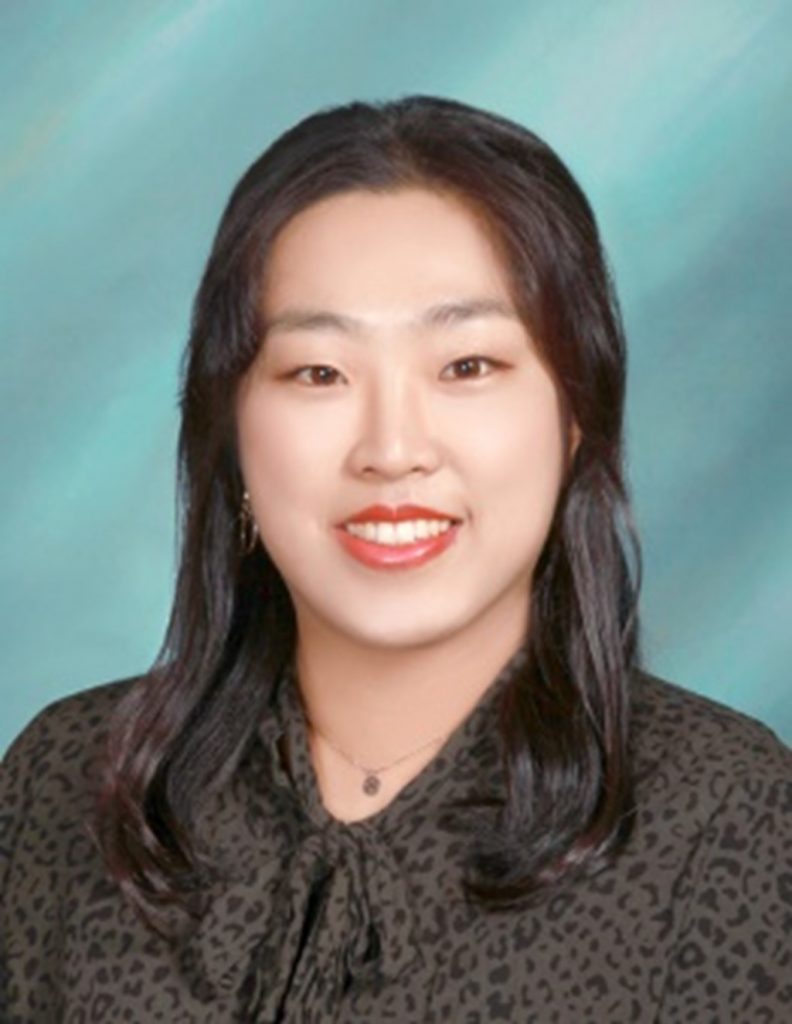
Ji Yeon Kim
Ji Yeon Kim joined KESCO R&D Institute in 2021 to conduct research and development into the ESS fires investigation, verification of the system unit, and development of installation standard. She received her Ph.D. in material engineering from Wonkwang Univ. and then researched the development of electrical and electronic materials using carbon materials for 5 years at Kcarbon in Korea. She can analyze the safety issues of ESS systems from a complex perspective in terms of chemical, electrical, and material engineering. In response to the government’s request in Korea, she is conducting ESS fire cause investigation activities to ensure ESS safety. And she is one of the few people who has checked the electrode processes of the three major battery companies in Korea (LG Energy Solution, Samsung SDI, and SK On). She makes an active part in securing safety by developing and revising (over 100 cases) installation regulations essential for ESS safety, although her short career.

Andrew Kurzawski
Andrew Kurzawski is a Senior Member of Technical Staff in the Fire Science and Technology group at Sandia National Laboratories in Albuquerque, New Mexico. He received a Ph.D. in mechanical engineering from The University of Texas at Austin in 2017. His research interests include thermal runaway in lithium-ion batteries, computational fire and heat transfer modeling, inverse problems, and software development.
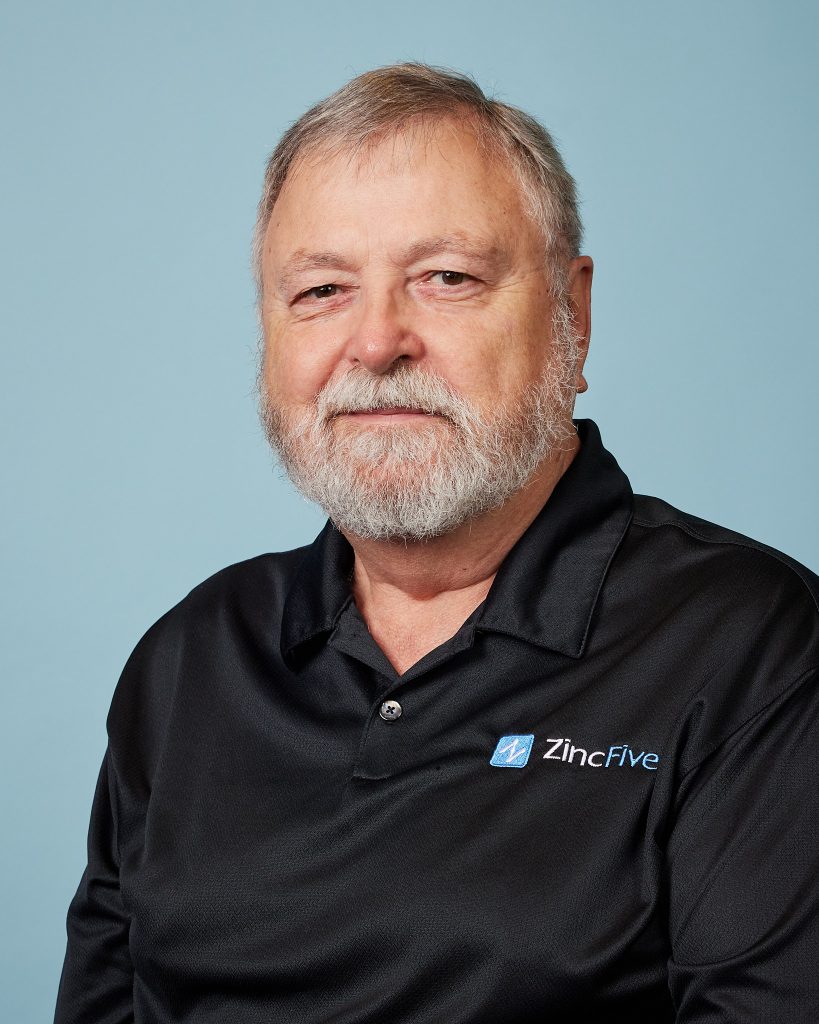
Dan Lambert
Dan Lambert has over 40 years of commercial and industrial electrical experience and has worked with AC and DC power systems, with a primary focus on mission-critical power systems. Dan has experience in the electrical industry from the perspectives of an Electrician, Service Technician, Service Manager, Systems Engineer, and Product Manager. Working with stationary battery systems since 1985, he has worked with many battery chemistries and has contributed to large scale energy storage analysis projects, as well as testing other storage systems. Dan is currently a member of the IEEE Power and Energy Society serving as the chairperson for the IEEE Energy Storage and Stationary Battery (ESSB) Committee’s IEEE 1679.4 Alkaline Chemistries Working Group and as a member of the ESSB Codes and Standards Task Group. He is also a member of the Battcon conference Technical Committee.
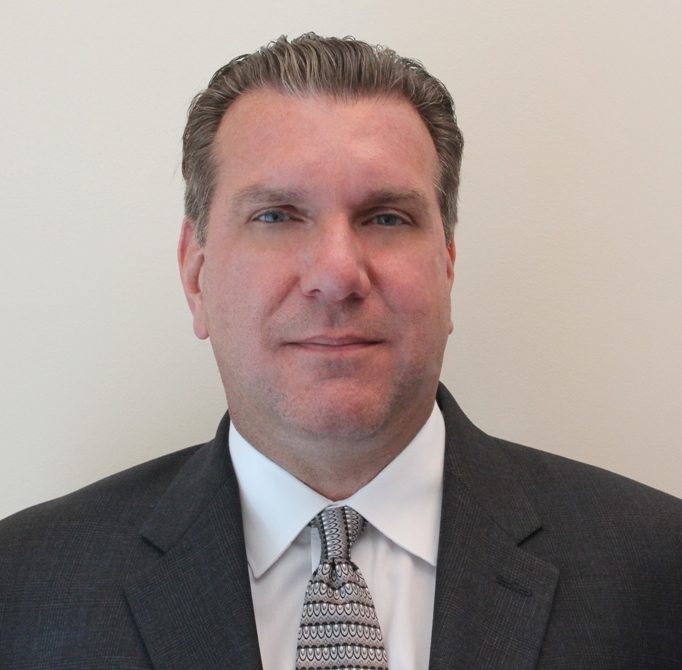
Jody Leber
Jody Leber is an accomplished international compliance professional with more than 30 years of experience in product testing and certification. He is currently the Global Business Manager for Energy Storage at CSA Group. Jody’s specialties also include Electromagnetic Interference, Electromagnetic Compatibility, Environmental Simulation and Product Safety along with extensive knowledge in all aspects of E & E laboratory management, operations and market expansion.
In addition to his role at CSA Group, Jody participates on the following standards technical committees related to batteries and energy storage:
ANSI C18.1, C18.2 and C18.3 for Small Primary and Secondary Cells
CSA C22.1 Canadian Electrical Code Section 64 Task Force Member
IEC SC21A (Small Secondary Batteries), TC 21 (Large Secondary Batteries), TC 35 (Small Primary Batteries) and TC 120 (Energy Storage)
US Technical Advisor for IEC TC21 and SC21A
Convenor of Working Group 5 for SC 21A
IEEE ESSB Safety Codes and Standards
NFPA 855 Technical Committee
SAE Lithium Packaging, Battery Safety, Battery Materials, Battery Standards and Battery Transportation
UL Standards Technical Panels (STP) for UL 1642, UL 1973, UL 2054, UL 2271, UL 2272, UL 2580, UL 2738, UL 2743, UL 2849, UL 9540 and UL 9540A
Jody has also been an ongoing member of the advisory board for the Battery Show.

Sara Pecak
Sara Pecak is currently the Senior Manager of the Power Sources Technology Group at Sandia National Laboratories. This Group is responsible for Research and Development, Product Development and Design, and long term Product Performance for Power Sources associated with Sandia’s National Security mission. It also maintains a significant portfolio in understanding the fundamental mechanisms of battery safety.
Ms. Pecak has been at Sandia National Laboratories since 2002. She began her career as an electrical engineer supporting Sandia’s Nuclear Deterrence mission. In 2008, she moved to project lead, supporting a variety of multi-discipline projects.
Ms. Pecak’s management career began at Sandia National Laboratories in 2014 when she became manager of the Sensors and Embedded Systems Department; this department created fast turn, low power, remote fieldable sensor systems for our Strategic Partnership Program community. She moved to Power Sources in 2018, managing internal Production and Testing activities for the Group. In 2022, she became the Senior Manager for the Power Sources Technology Group.
Ms. Pecak holds both a Bachelor’s and Master’s Degree in Electrical Engineering from the Rochester Institute of Technology in Rochester, NY.
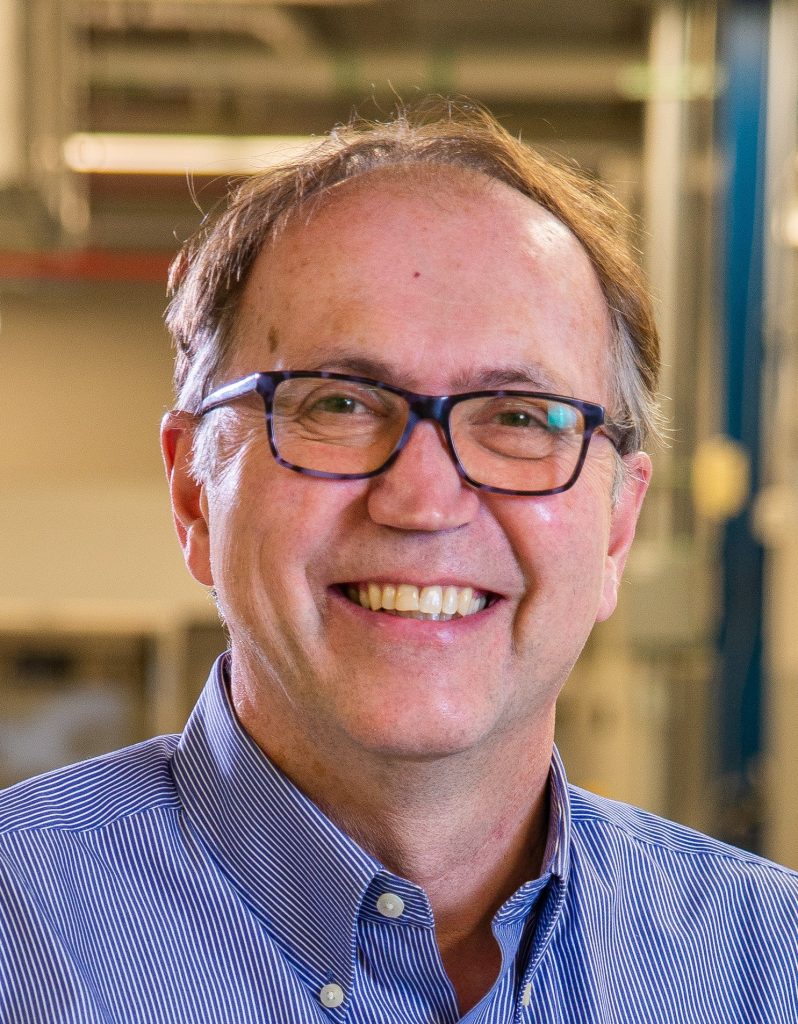
Martin Plass
Martin Plass has more than 12 years’ experience in the renewable energy industry, notably in the area of testing batteries and photovoltaic modules. At DNV’s Best Test Center in Rochester, NY, he is responsible for business development and expanding the operational strength of the state-of-the-art battery test center.
In prior roles Martin was the General Manager for the CFV Solar Test Laboratory in Albuquerque, NM, Consultant for Fraunhofer USA and renewable energy companies in the Boston area, Operations Manager for Lockheed Martin’s Flow Battery development program, and Product Manager in the Paper Machine Industry. Martin has a Master’s degree in Mechanical Engineering from the Technical University of Aachen, Germany, and certifications as Professional Project Manager (PMP), Lean Expert, and Business Energy Professional (BEP).
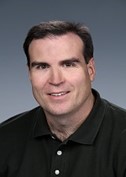
David Reed
David Reed is Chief Material Scientist/Program Manager in the Battery Materials and Systems Group at the Pacific Northwest National Laboratory. Before joining PNNL in 2010, he worked in industry at 3M in St. Paul, MN and Praxair in Tonawanda, NY. While in industry, David worked in a number of areas including high temperature electrochemistry, materials synthesis and processing, alternative manufacturing methods, dielectric materials, coatings, failure analysis, new materials development, design of experiments, and rapid commercialization processes. His primary focus at PNNL has been developing and testing new materials and components in electrochemical devices. David is currently the Program Manager for the DOE Office of Electricity sponsored program focus on new electrochemical device technologies for energy storage and Project Manager for several industrial sponsored programs.

Alonso Rodriguez
Alonso Rodriguez earned his MS in Energy Systems Engineering in 1975 and his PhD 1981.
He has over 50 years’ experience in the electrical power industry in: system planning, operation, maintenance, applied R&D, and failure analysis.
He is an independent consultant specializing in T&D solutions. Clients include: Lockheed, Edison, EPRI, Superconducting Power, AeroVironment, and a 12-year appointment at Caltech.
He is cofounder of several startups, holds eight international patents, authored more than 40 publications, and is a life member of IEEE participating in the Working Groups writing the standards on substation fire protection and physical security.
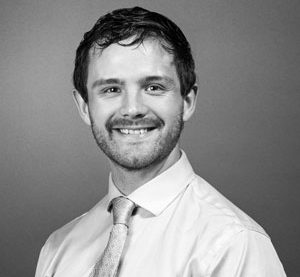
David Rosewater
David Rosewater is a grid energy storage researcher at the Sandia National Laboratories. He received a B.S. and an M.S. in electrical engineering from Montana Tech of the University of Montana, as well as a PhD in electrical and computer engineering from the University of Texas at Austin. He holds a professional engineering license in the state of New Mexico and is the chair of IEEE P2686 and the IEEE PES EESAT conference. He has been cited more than 250 times for his work in battery system integration and safety. Fundamentally, David’s scientific career has focused on organizing people and the careful design of interfaces between batteries, other technologies, and the people who depend on both.
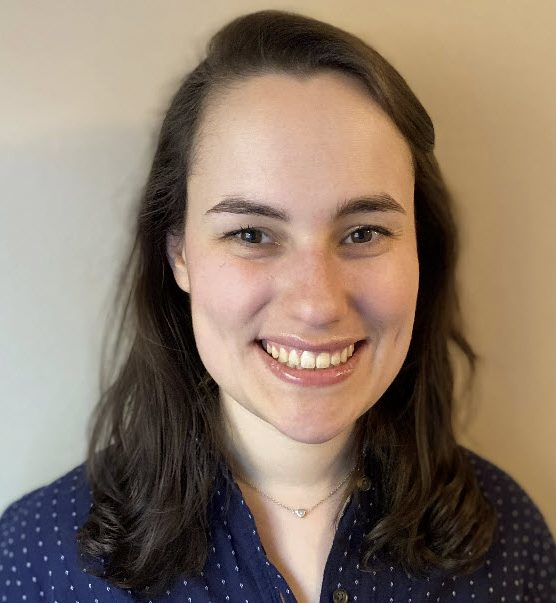
Alex Schraiber
Alex is the manager of UL’s Fire Research and Development group. She conducts research to develop and maintain UL Safety Standards and conducts research projects for internal and external clients. Her research includes a wide range of product categories including energy storage systems (UL 9540A), emergency fire containment for aviation, lithium-ion batteries, primary batteries, circuit integrity cable, firefighting foam, and gas measurements. Alex has presented at conferences on the topics related to battery safety including hazards associated with battery energy storage systems as well as battery fire containment for aviation applications.

LaTanya Schwalb
LaTanya Schwalb is the Principal Engineer Stationary Batteries, Energy Storage, Fuel Cells and Hydrogen Generators at UL Solutions.
She has over 20 years of experience in product safety certification and is responsible for the development of technical requirements and interpretation of UL standard requirements for energy storage systems, stationary battery systems, fuel cells, and hydrogen generators.
She represents UL Solutions on technical committees for UL 1973, UL 9540, and UL 9540A as well as other industry standards and battery committees across NFPA, CSA, IEC, and SAE.
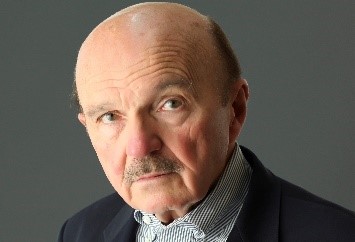
Chris Searles
Chris Searles has had a distinguished professional career engaged in the DC power systems and stationary battery industry for the past 40 years. He has held several key technical and management positions for divisions of IBM Corporation, Northern Telecom, ITT Power Systems and EnerSys and including 16 years as North American Director of Business Development with BAE Batteries USA. He currently serves as an independent consultant with special codes and standards responsibilities for Sandia National Laboratories and the IEEE ESSB Committee. Chris was inducted into the Battcon Hall of Fame in 2018 and is a past chair of the IEEE Energy Storage and Stationary Battery (ESSB) Committee. He currently serves as the Co-Chair of the IEEE Safety Codes Working Group within the IEEE ESSB Committee and is an officer on their Administration Committee. As an IEEE Life Member he also serves as the Co-Chair for the IEEE PES/IAS Joint Technical Coordinating Committee that represents IEEE positions to various National Fire Protection Association (NFPA) safety standards committees. He recently served as Chair of the IEEE EESAT Conference 2022 which was formerly a part of the annual US Department of Energy (DOE) Energy Storage (ES) Peer Review conferences. He works with Matt Paiss of the Pacific Northwest National Laboratory as lead co-editor of the DOE ES Safety Collaborative report published a few times a year to over 3000 people interested in energy storage safety codes development.
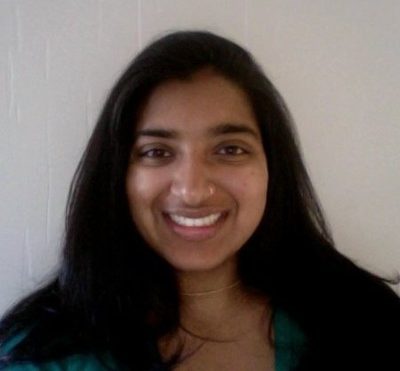
Lakshmi Srinivasan
Lakshmi Srinivasan is a Sr. Technical Leader within the Energy Storage program at EPRI. She leads the battery safety research program developing new learnings and guidance for the industry. Lakshmi also does research in emerging storage and controls technologies, evaluating the performance and viability of new products. She aims to incorporate social equity and environmental justice into EPRI’s storage research. She serves on technical panels for standards making bodies, such IEEE and CSA. Prior to EPRI, Lakshmi spent ten years commercializing various storage technologies, including Compressed-Air Energy Storage, Lithium-ion batteries and flow batteries. Lakshmi earned a B.E. in Mechanical Engineering from Dartmouth College and a M.Sc in Energy Science and Technology from ETH Zurich.
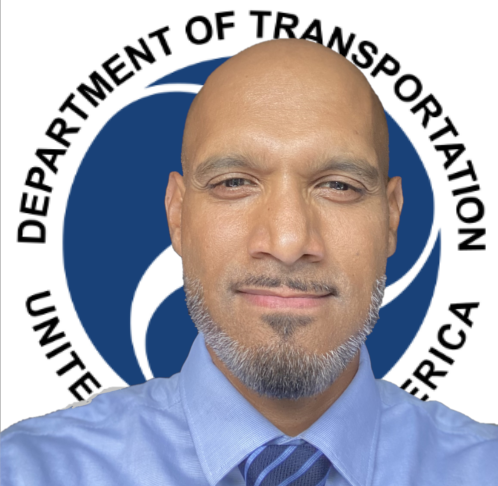
Tony Thampan
Dr. Tony Thampan is the Lead EV engineer in the Office of Crashworthiness Research / Vehicle Safety Research at the National Highway Traffic Safety Administration. He leads technical activities in support of NHTSA’s EV Battery safety initiative. These activities include research investigations of EV field incidents, battery diagnostics and battery safety standards. Prior to NHTSA, Tony was a research engineer in the U.S. Army’s Ground Vehicle Systems Center Energy Storage team where he was the principal investigator on a DOD S&T multiyear effort developing specification & prototypes for the High Voltage batteries for US ARMY vehicle applications. His work has contributed to 3 patents and 14 publications. He has also been awarded the NHTSA Administrator’s Award, US ARMY C5ISR Achievement Award and the DOD Scientist of the Quarter award.
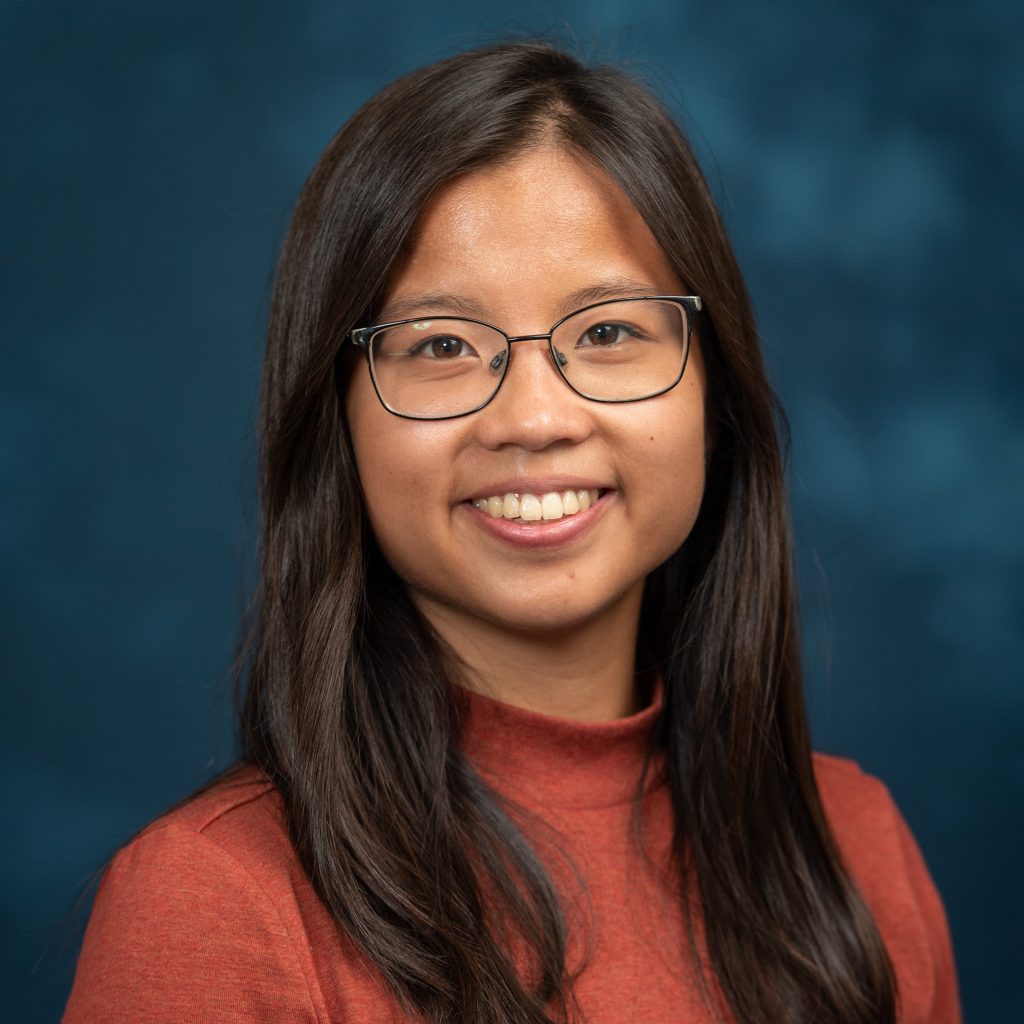
Vivian Tran
Vivian Tran is a PhD candidate in the Battery Control Group at the University of Michigan with Professor Anna Stefanopoulou and Dr. Jason Siegel. Her work focuses on investigating model-predictive control methods to safely de-energize batteries for battery fire mitigation and reignition prevention. She is developing low-order models for controls that capture the electrical, thermal, chemical, and mechanical behavior of batteries undergoing external short circuits, including gas evolution, pouch cell expansion, and venting. Her other research interests include modeling battery degradation and its implications for safety and fleet electrification where she has worked with school districts in Michigan to help quantify the impacts of school bus electrification.
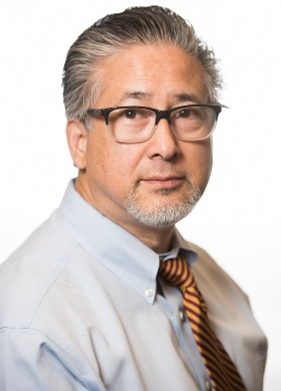
Charlie Vartanian
Charlie Vartanian is a Senior Technical Advisor at the Pacific Northwest National Laboratory where he focuses on integration of energy storage with power systems. Charlie has 25 years of industry experience deploying advanced grid technologies, performing system studies, and contributing to standards development. Prior employers include Mitsubishi Electric, DNV KEMA, the California Energy Commission, and Southern California Edison (SCE). During his 15 years at SCE, his activities ranged from T&D planning to grid technology R&D.
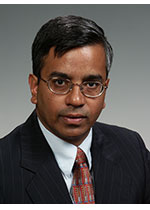
Vilayanur Viswanathan
Vilayanur Viswanathan is a Senior Engineer at Pacific Northwest National Laboratory. He received his BS in Chemical Engineering from the Indian Institute of Technology, Madras, and Ph.D. from Rutgers University in Chemical and Electrochemical Engineering. His research focus areas are cost performance modeling of large-scale battery systems, battery state of health modeling, grid-scale battery test procedure development, battery safety/reliability testing and analysis, and development of energy storage test protocols/standard for grid scale energy storage. He was the project manager for PNNL’s first grid scale project that was also one of the first to use the DOE-OE sponsored Energy Storage Performance Protocol.
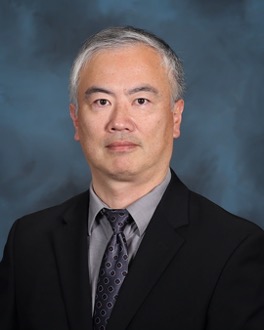
Hsin Wang
Dr. Hsin Wang is a distinguished scientist at the Materials Science and Technology Division at Oak Ridge National Laboratory. He has been working on mechanically induced thermal runaway of Li-ion batteries since 2002 and developed various testing and characterization methods of internal short circuit. He is currently working with Sandia National Labs in developing a Li-ion battery thermal runaway severity ranking method and database.

Yi Wang
Dr. Yi Wang is the Staff Vice President of FM Global, and the manager of the Fire Dynamics group in the Research Division. He oversees the research activities of material flammability, fire dynamics, as well as CFD fire modeling. Dr. Wang serves on the editorial boards of Fire Safety Journal, Fire Technology, Fire and Materials. He is a committee member of the International Association of Fire Safety Science (IAFSS), and the scientific program co-chair of 2023 IAFSS symposium.
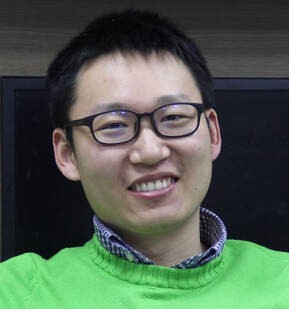
Jun Xu
Dr. Jun Xu is an Associate Professor in the Department of Mechanical Engineering & Engineering Science at the University of North Carolina at Charlotte. He is the inaugural Director of NC Battery Complexity, Autonomous Vehicle and Electrification Research Center. Dr. Xu’s research mainly focuses on multiphysics modeling and characterization of batteries, and impact dynamics. Dr. Xu now serves as an executive committee member of the Advanced Energy System Division, ASME. He serves as Associate Editor of ASME Journal of Electrochemical Energy Conversion and Storage, Scientific Reports and Batteries. Dr. Xu has published more than 130 peer-reviewed journal papers with citations of 5100+, H-index 41. Dr. Xu was included in World’s Top 2% Scientist List (Stanford University, 2022). Dr. Xu earned his Ph.D. degree from Columbia University in 2014 majoring in environmental engineering/engineering mechanics.

